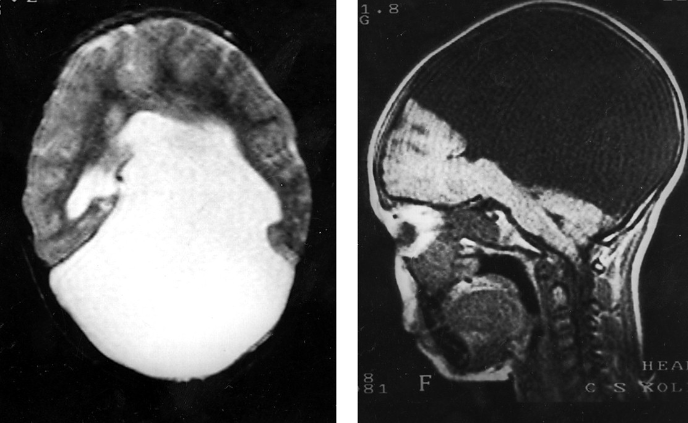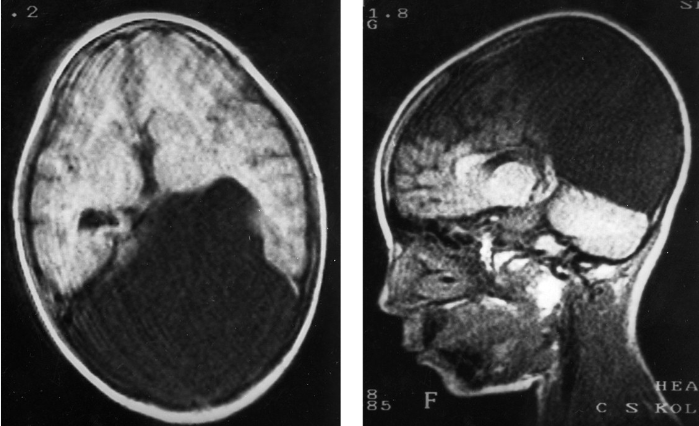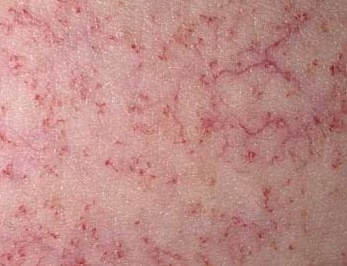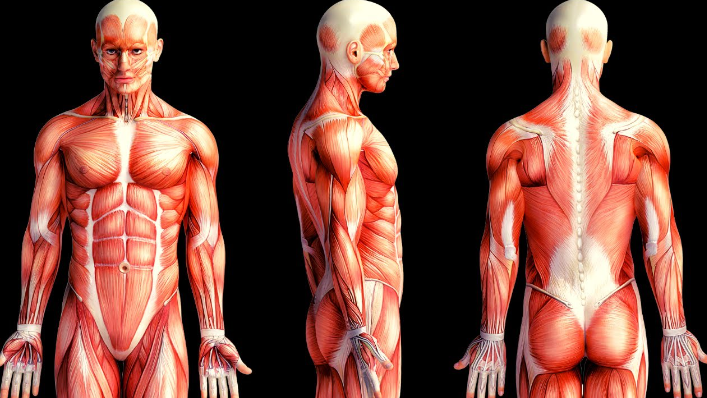They discover a new treatment for rare cancer thanks to gray hair and premature wrinkles!

Sarcomas are cancerous tumors found in bone, muscle, or fatty tissue, it is a rare type of cancer seen in only one percent of cancer patients. It is complex and difficult to treat, yet a new study may have found a new treatment that can help the sickest sarcoma patients. Sarcoma affects one percent of cancer patients, adults diagnosed with bone sarcoma have a five-year survival rate of 60 percent, while adults diagnosed with bone sarcoma have a five-year survival rate of 50 to 70 percent.
Until now, there were different forms of treatment and methods to identify the prognosis of sarcoma patients, but this new study has found something new. The researchers studied patients with rare neurological disorders that cause them to age prematurely and have an increased risk of developing cancer at a young age.
To establish why these patients develop cancer at a young age, the researchers compared the gene expressions of the three disorders.
- Werner syndrome: An inherited disorder characterized by rapid aging that begins in early adolescence or adulthood and is accompanied by an increased risk of cancer.


- Nijmegen Tear Syndrome: A rare inherited disorder characterized by a small head, shorter than normal height, atypical facial features, and other problems with growth and development.


- Ataxia-telangiectasia syndrome: Affects the brain and other parts of the body. Ataxia refers to uncoordinated movements, such as walking. Telangiectasias are enlargements of blood vessels (capillaries) just below the surface of the skin.


Here they worked together with the company Insilico Medicine, whose large Pandaomics platform made it possible to identify genetic mutations in thousands of different disorders. They discovered that a protein called Cep135 is common in the cancer genes of these patients. Although this protein is difficult to target, the researchers found a way to inhibit the sarcoma by inhibiting the Plk1 gene.
This study shows us that we can use genetic diseases to identify new treatment targets. Not only for cancer, but also for other age-related diseases, such as dementia and cardiovascular disease. We hope this discovery will lead to new treatments and better outcomes for sarcoma patients!





Responses